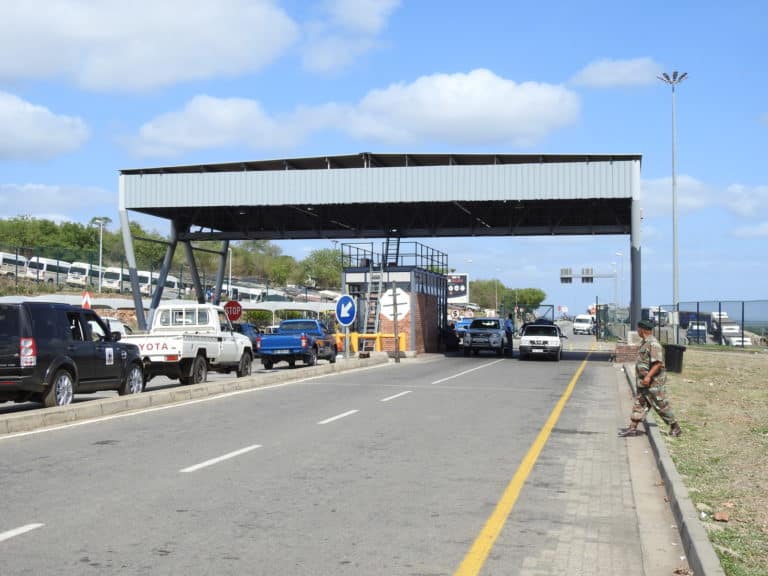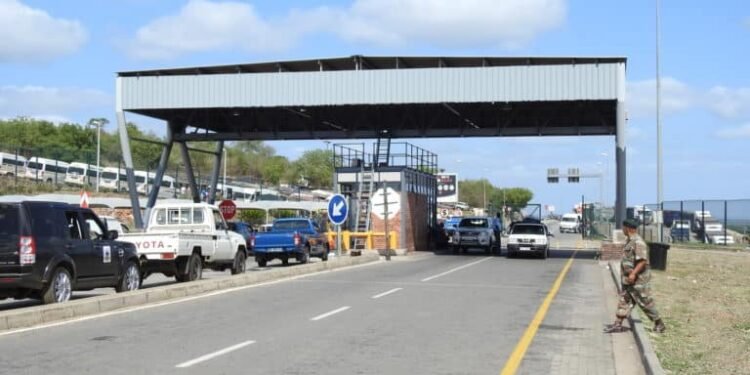
Beyond being solely the boundaries dividing regions, borders have a big impact on the political, social, and economic climate of a country, including for numerous African countries. Large border coverage serves as both a strategic benefit and a difficult task for African Countries. The size and makeup of a nation’s boundaries affect its integration into regional and international markets, access to resources, security dynamics, and neighborly ties.
One of the most significant benefits of having broad border is the opportunity to enhance commerce. Countries with lengthy borders frequently have several points of entry and exit, which facilitates the movement of commodities and services.
In Africa, where regional commerce is critical to economic growth, countries with extensive borders might benefit from cross-border trade with several neighbors. This can result in the formation of trade centers, more economic activity, and greater integration into regional economic communities.
While large borders offer opportunities, they also present challenges, particularly in terms of security. Extensive borders can be difficult to monitor and patrol, making them vulnerable to smuggling, illegal immigration, and cross-border crime.
Shared border coverage, according to Global Fire Power, a data analytics platform on military strengths worldwide, is the whole length of borders shared with neighbors.
Having stated that, the following ten African countries that have the largest border coverage.
Top 10 African countries with the largest shared border coverage
| Rank | Country | Shared border coverage | Global rank |
|---|---|---|---|
|
1. |
Democratic Republic of Congo |
10,481km |
8th |
|
2. |
Mali |
7,908km |
11th |
|
3. |
Sudan |
6,819km |
17th |
|
4. |
Algeria |
6,734km |
18th |
|
5. |
Chad |
6,406km |
21st |
|
6. |
Zambia |
6,043km |
2nd |
|
7. |
South Sudan |
6,018km |
23rd |
|
8. |
Ethiopia |
5,925km |
25th |
|
9. |
Central Africa Republic |
5,920km |
26th |
|
10. |
Niger |
5,834km |
28th |









